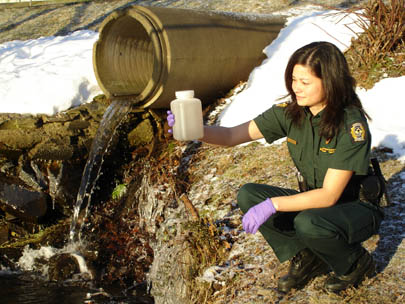The Real Estate Foundation of BC (REFBC) has shared the results from a public opinion poll it commissioned on British Columbians’ views on land use, sustainability, and regional planning throughout the province, finding strong opinions on enforcing water protections.
Conducted by McAllister Opinion Research, the poll drew on a cross-section of British Columbian residents. Questions focused on quality of life, sustainable economy, local needs, land protection, penalties for polluters, First Nations as partners, and regionally specific concerns.
REFBC commissioned the poll to better understand B.C. residents’ values, opinions, and knowledge on land use issues. REFBC has said that by sharing the findings from Sustainable Land Use: A Public Opinion Survey of British Columbians, it hopes to help policy makers, governments, First Nations, non-profits, and others make decisions that align with public values.
“Poll findings help to quantify the needs and opinions of the people of British Columbia,” said Jack Wong, CEO of the REFBC. “Climate change is a large concern for people across the province and we hope that decision makers will use this data to make choices that are in the best interests for everyone.”
On the balance between economic growth and environmental protections, only twenty-four respondents indicated the following: “Economic growth should be a priority in BC, even if the health of our land, water, and natural ecosystems suffers to some extent.”
Other highlights from the poll include:
- Eighty-one per cent of residents support strong penalties (including jail time) for companies and people who pollute or degrade the land and water.
- Nearly half (forty-eight per cent) of British Columbians want to see local needs prioritized over provincial interests.
- When it comes to ensuring First Nations are inclu¬ded in land use decisions, eighty-six per cent of respondents agree that “we are neighbours and friends, and we need to live together.”
“These findings show that British Columbians value our shared land and water and want to see more local input into land use decisions,” said Ramona Faust, chair of REFBC’s Board of Governors. “In our grantmaking, we’ve seen how investments in watershed governance, community engagement, and public outreach can contribute to more sustainable land use outcomes.”
Overall, the poll found that residents support investments in local decision-making as eighty per cent of respondents agree with “establishing local decision-making bodies to ensure that all local citizens have meaningful input into land use decisions.”









